
5 Deficiencies Almost Everyone Has (And Doesn’t Know About)
Even though we live in a world full of food choices, many people still suffer from nutritional deficiencies. Some of the most common are iron deficiency and vitamin D deficiency. These deficiencies often go unnoticed, yet if left untreated, they can lead to serious long-term health problems.
Early identification and proper treatment are crucial to prevent irreversible damage. Many individuals may have one or more nutrient deficiencies without realizing it. This article highlights five of the most common deficiencies, how to spot them, and how to address them effectively.
1. Vitamin B12 Deficiency
Vitamin B12 (cobalamin) is a water-soluble vitamin essential for red blood cell production and maintaining healthy nerve cells.
Prevalence:
According to Harvard Medical School, vitamin B12 deficiency can be subtle but harmful. Research published in the American Journal of Clinical Nutrition indicates that 1 in 5 adults has marginal B12 levels.
Symptoms of deficiency:
-
Fatigue and weakness
-
Tingling or numbness in hands and feet
-
Depression and cognitive disturbances
-
Pale or jaundiced skin
Treatment:
-
Animal-based sources: Meat, poultry, fish, eggs
-
Vegetarian sources: Eggs, nori (dried purple laver), nutritional yeast, fortified plant milks and cereals
-
Supplements: Oral B12 tablets or, in severe cases, injections
B12 deficiency can be confirmed with a simple blood test, and treatment usually improves symptoms quickly.
2. Iron Deficiency
Iron is an essential mineral, vital for oxygen transport, energy production, and overall health.
Symptoms of deficiency:
-
Persistent fatigue or weakness
-
Pale skin
-
Brittle nails
-
Frequent headaches
-
Shortness of breath or dizziness
-
Can lead to iron deficiency anemia
Treatment:
-
Heme iron (animal sources): Meat, poultry, fish, eggs—most easily absorbed by the body
-
Non-heme iron (plant sources): Beans, lentils, leafy greens, tahini—absorption is lower
-
Enhance absorption: Combine plant iron with vitamin C-rich foods (e.g., oranges, tomatoes, peppers)
-
Limit absorption blockers: Calcium-rich foods and caffeine can reduce iron absorption; avoid consuming them with iron-rich meals
A blood test, such as the MCHC, can confirm iron deficiency. Supplements may be required for severe cases.
3. Omega-3 Fatty Acid Deficiency
Omega-3 fatty acids are essential polyunsaturated fats crucial for brain, heart, and overall cellular health.
Types:
-
EPA and DHA: Found mainly in deep-sea fatty fish; support heart health, brain function, and mood regulation
-
ALA: Plant-based omega-3 from flaxseeds, chia seeds, and walnuts; converted to EPA/DHA at a low rate
Benefits:
-
Reduces inflammation
-
Supports cognitive function, mood, and concentration
-
May lower risk of heart disease, stroke, insulin resistance, depression, and some cancers
Symptoms of deficiency:
-
Poor concentration or memory
-
Dry skin and brittle hair
-
Fatigue
-
Cardiovascular risk factors
Prevention and treatment:
-
Fish oil or krill oil supplements
-
Dietary intake: At least two servings of deep-water fish per week (salmon, sardines, mackerel)
-
Vegetarian sources: Daily ALA-rich foods such as flaxseeds or chia seeds
A blood test is the most reliable method to detect deficiency.
4. Magnesium Deficiency
Magnesium is a mineral involved in over 300 biochemical reactions, including nerve function, muscle contraction, blood sugar regulation, and heart health.
Symptoms of deficiency:
-
Muscle cramps or spasms
-
Fatigue and weakness
-
Tingling in hands and feet
-
Nausea, constipation
-
Abnormal heart rhythms in severe cases
Treatment:
-
Magnesium-rich foods: Leafy greens, nuts, seeds, whole grains, legumes
-
Supplements: Magnesium citrate, glycinate, or powder form for better absorption
Magnesium is particularly important for diabetics and those with cardiovascular concerns, as it helps maintain blood sugar and blood pressure levels.
5. Vitamin D Deficiency
Vitamin D is critical for muscle, heart, lung, brain, and bone health. It plays a key role in calcium absorption and maintaining bone density.
Prevalence and causes:
-
Extremely common in Western countries due to limited sun exposure and sunscreen use
-
Other causes include liver or kidney dysfunction, which impairs vitamin D metabolism
Symptoms of deficiency:
-
Bone pain or softening (osteomalacia)
-
Muscle weakness
-
Fatigue
-
Mood changes and increased risk of depression
-
Potential thyroid dysfunction
Treatment:
-
Sun exposure (10–20 minutes several times per week, depending on skin type)
-
Dietary sources: Fatty fish, fortified foods, egg yolks
-
Supplements: Vitamin D3 (cholecalciferol) preferred for effectiveness
Vitamin D deficiency is linked to over a dozen chronic health conditions, highlighting the importance of early detection and correction.
Conclusion
Nutritional deficiencies are common, subtle, and often overlooked. Vitamin B12, iron, omega-3 fatty acids, magnesium, and vitamin D are among the most critical nutrients for energy, brain function, heart health, and bone strength.
Regular blood tests, a nutrient-rich diet, and careful supplementation when necessary can help prevent deficiencies, improve overall health, and reduce the risk of long-term complications.
Addressing deficiencies early is far easier than repairing damage later, making awareness and proactive management essential for lifelong wellness.
News in the same category

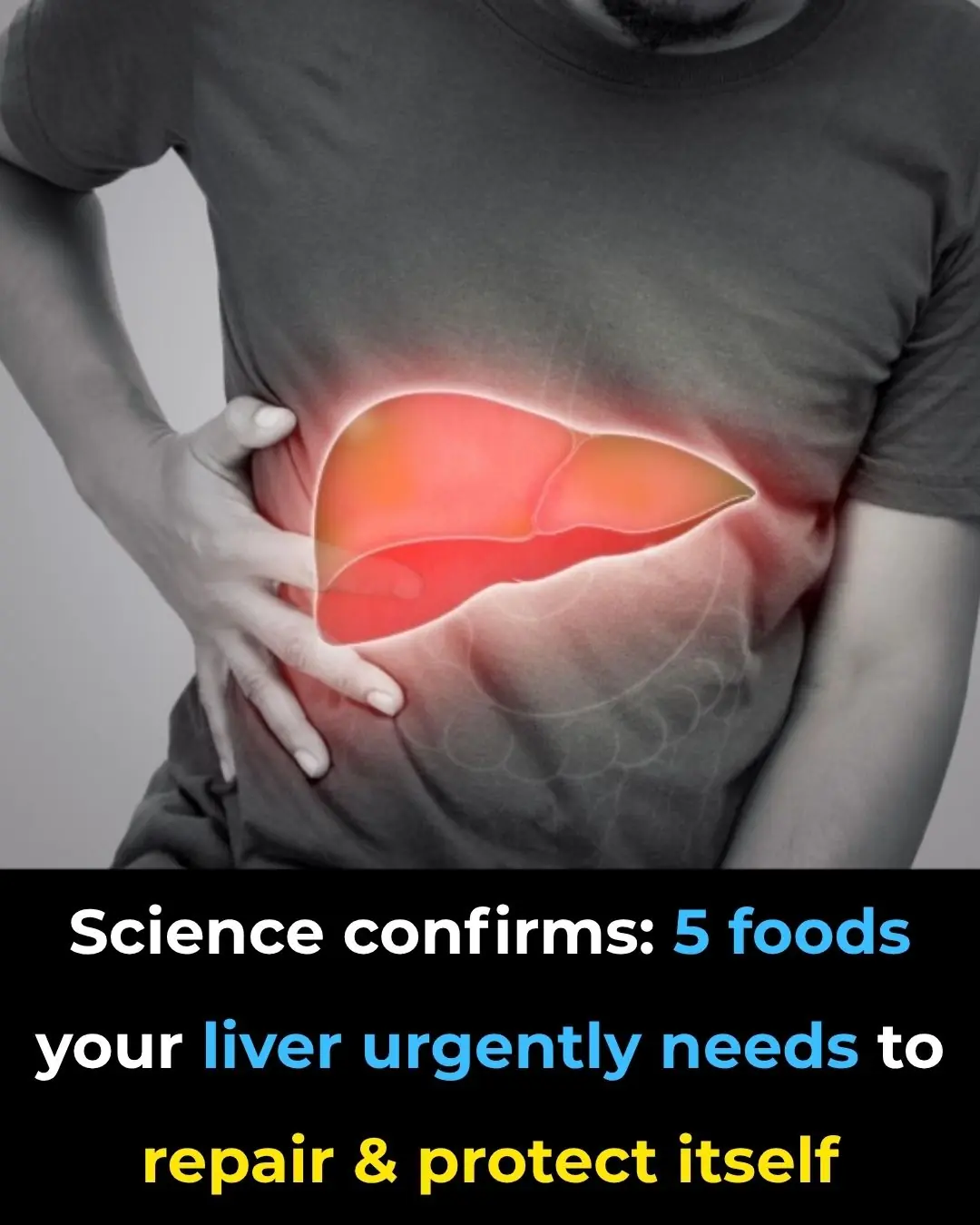
The Best Scientifically Proven Foods to Cleanse Your Liver
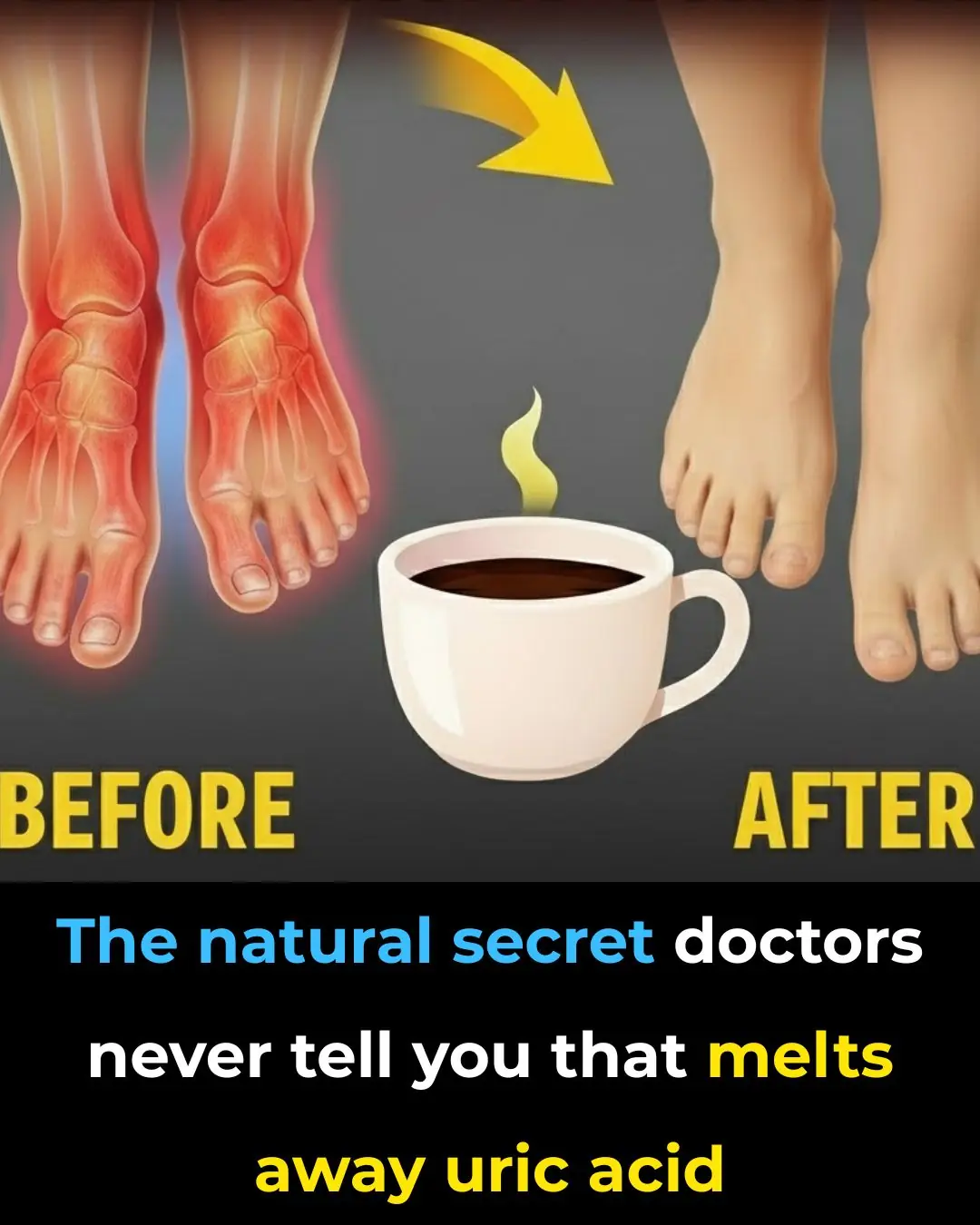
The Best Natural Gout Treatments: Remove Uric Acid Crystallization To Prevent Gout And Joint Pain

4 things your hands could be telling you about the health of your kidneys

The Secret to Caring for Your Aging Skin – Gentle, Effective & Realistic
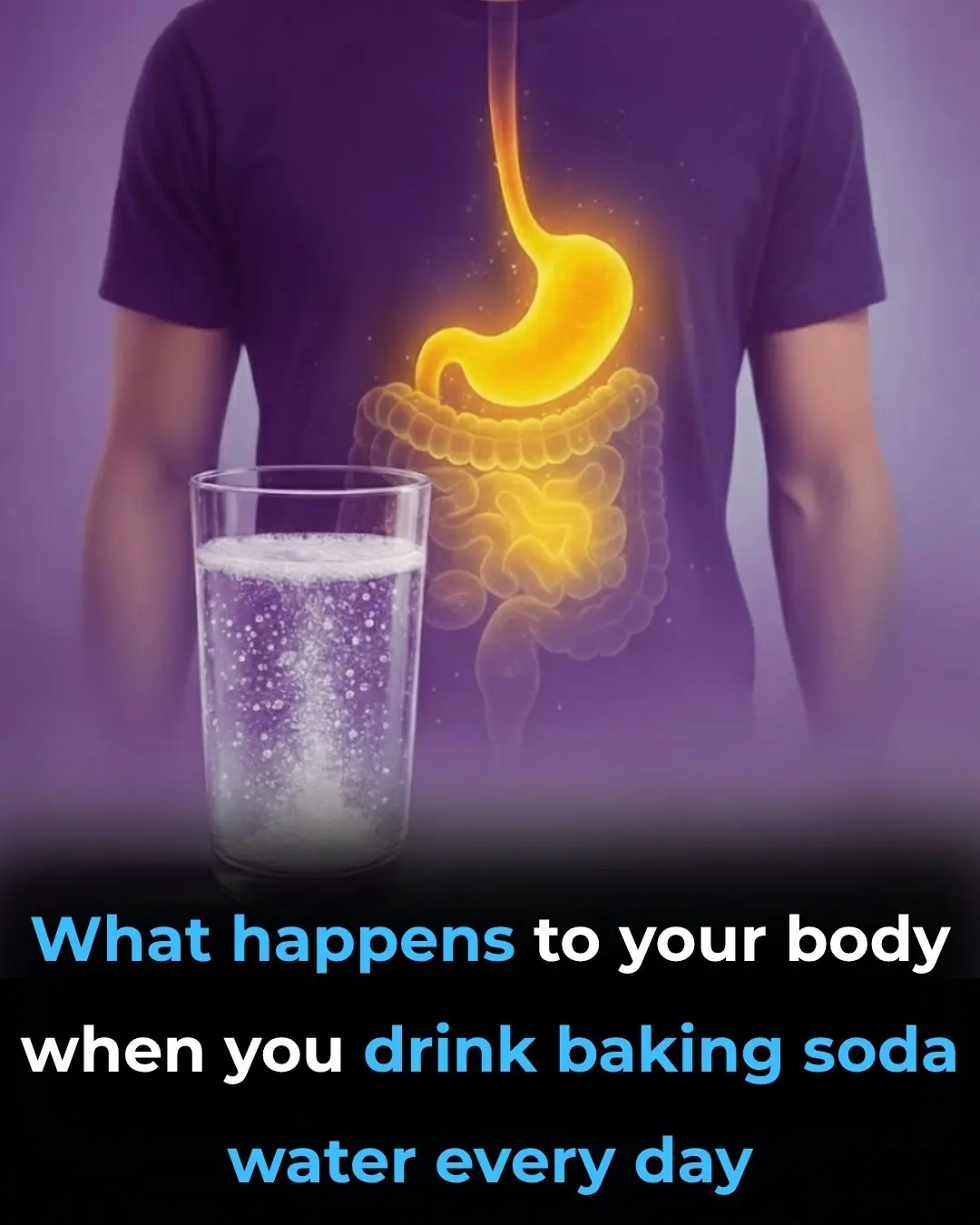
12 Amazing Benefits of Drinking Baking Soda Water Daily
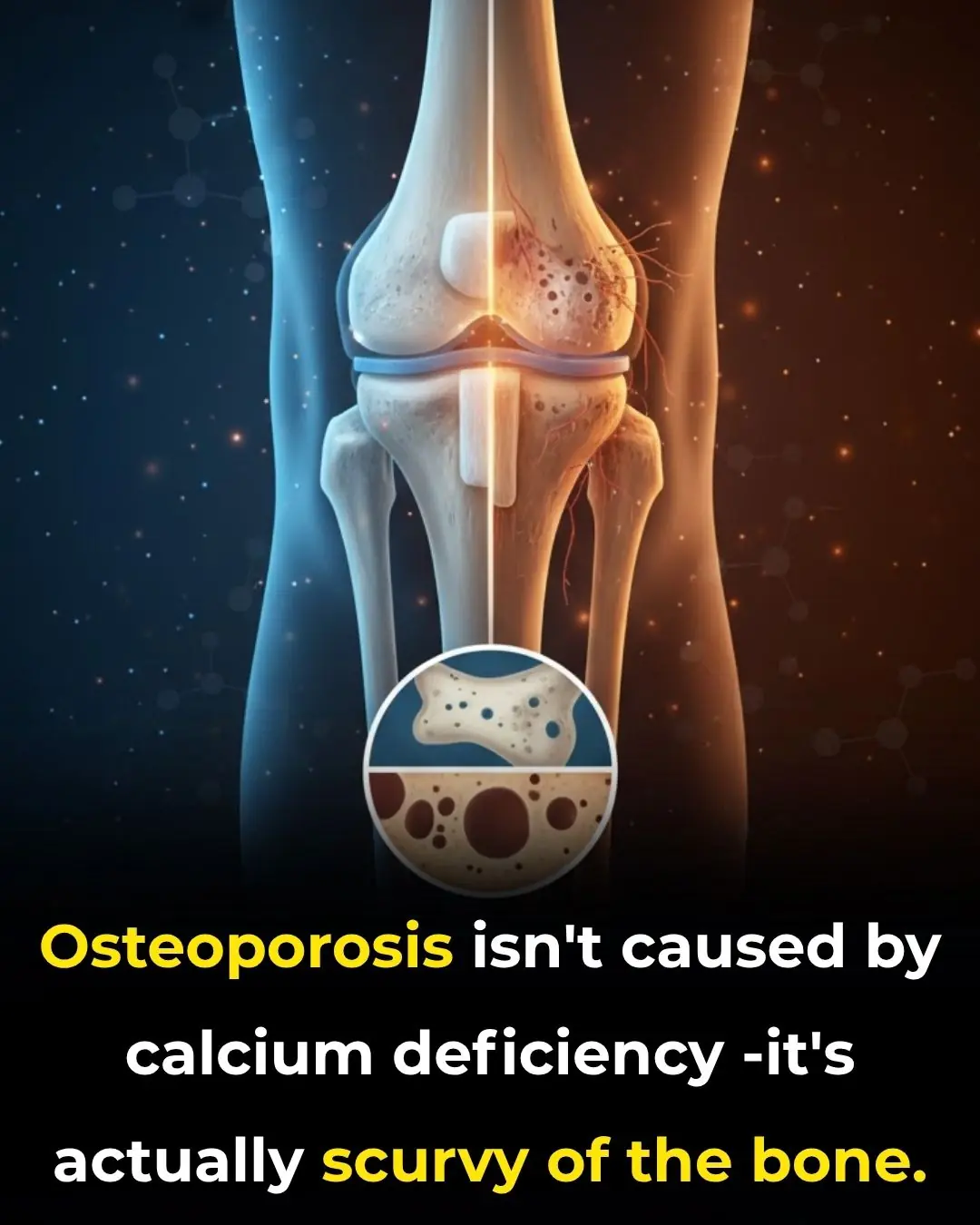
Osteoporosis Is Scurvy of the Bone, Not Calcium Deficiency

This olive oil fasting trick resets insulin resistance — and triggers deep cellular cleanup

Forget Calcium — Doctors Say This Is the #1 Exercise for the Strongest Bones
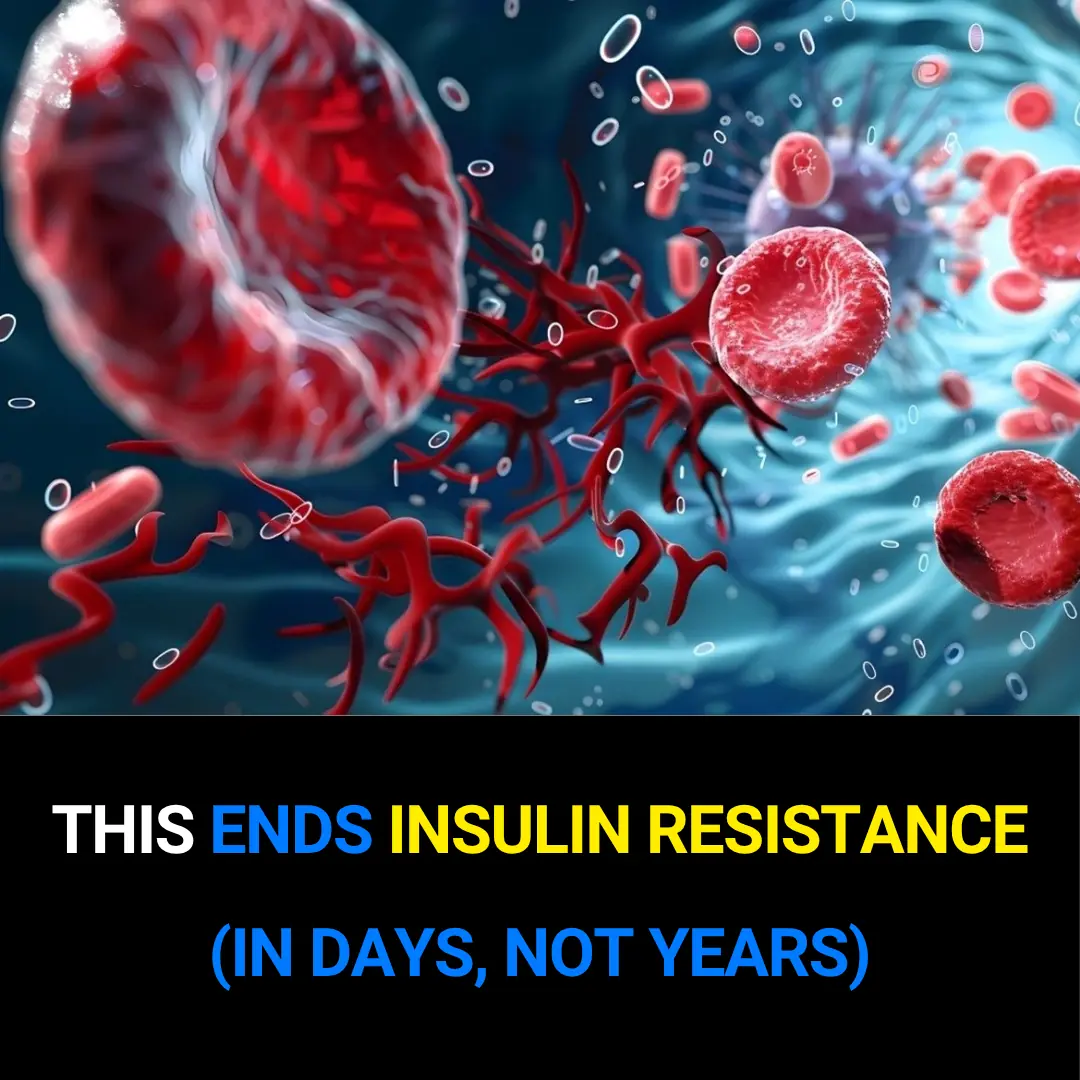
This Ends Insulin Resistance (in Days, Not Years)
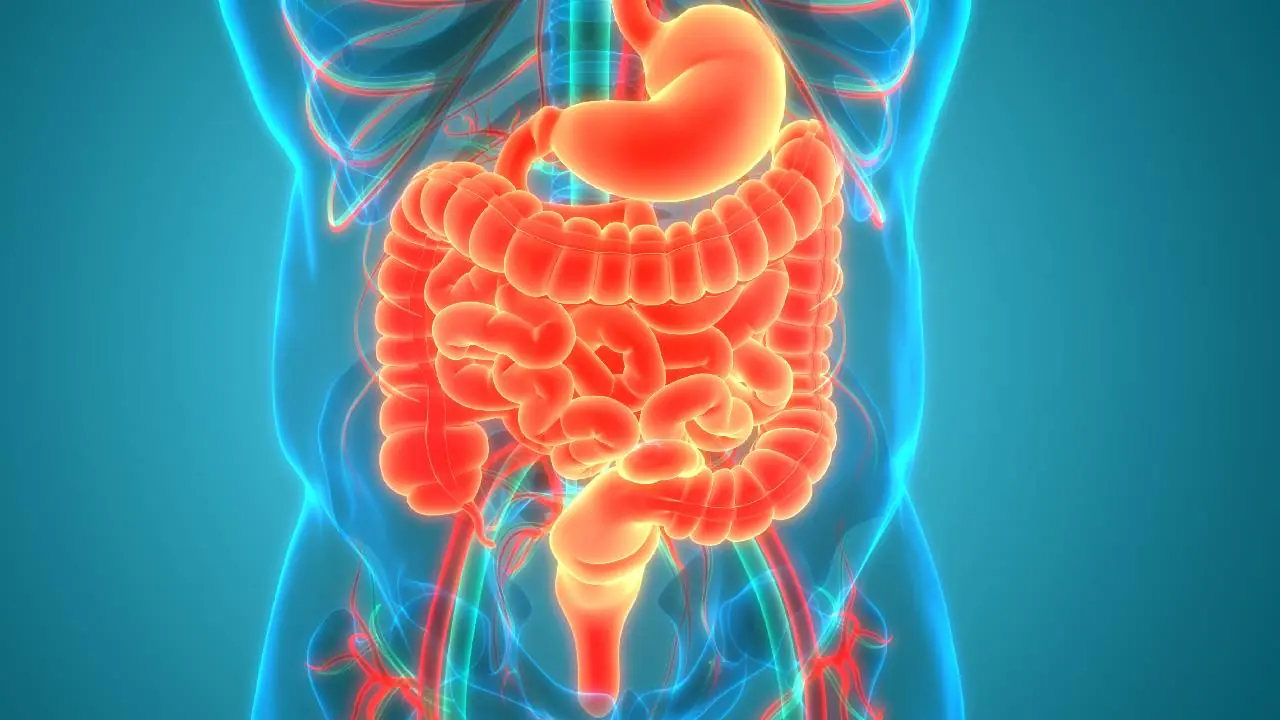
7 Warning Signs of Diverticulitis Most Doctors Miss
![Are You Being Misled About What Your Blood Pressure Should Be? [READ THIS CAREFULLY]](https://onplusnewscom.8cache.com/onplusnewscom/images/2025/10/25/1761400387Ii4TCVIhQj.webp)
Are You Being Misled About What Your Blood Pressure Should Be? [READ THIS CAREFULLY]
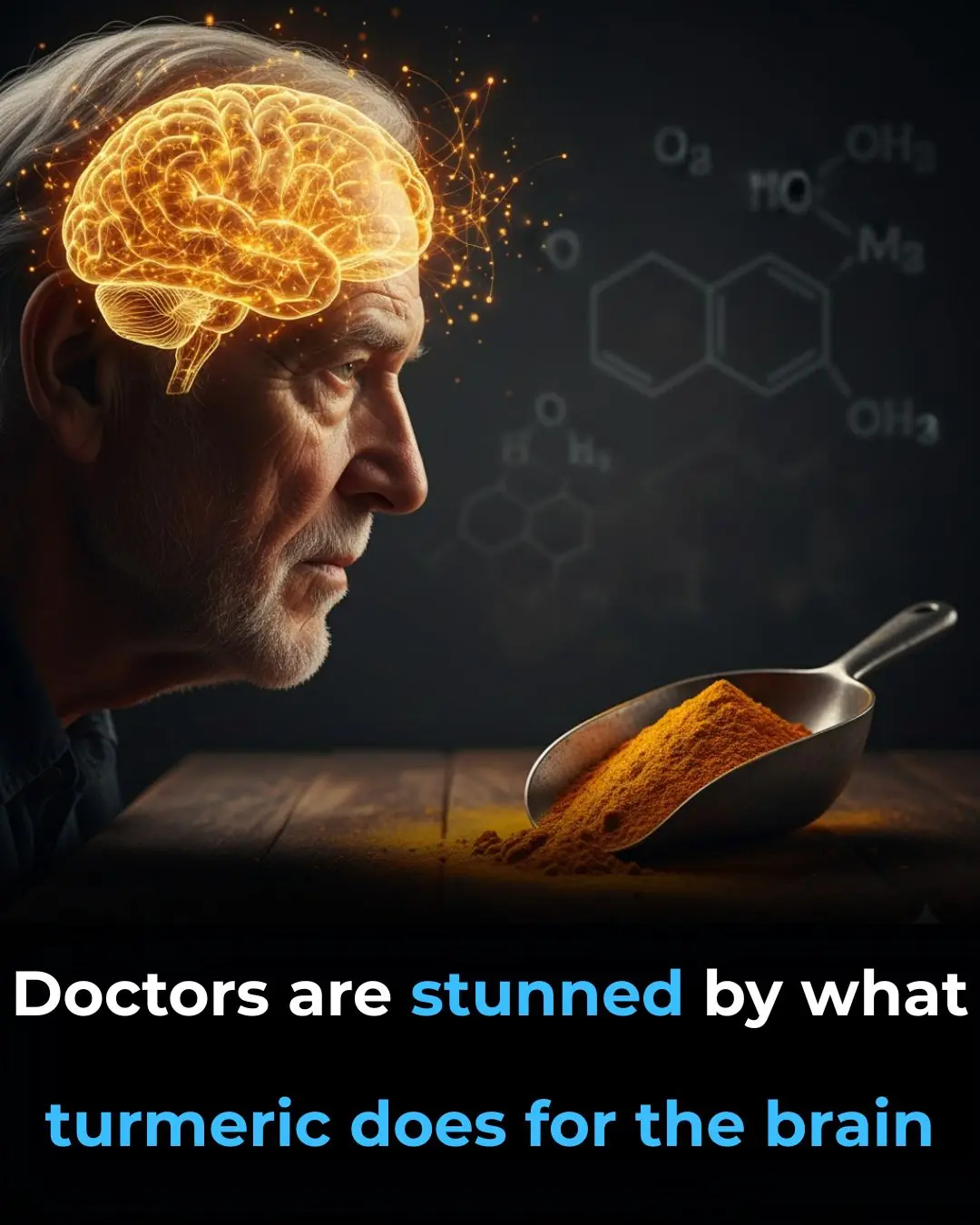
Medicinal Health Benefits of Turmeric, Curcumin and Turmeric Tea Based on Science
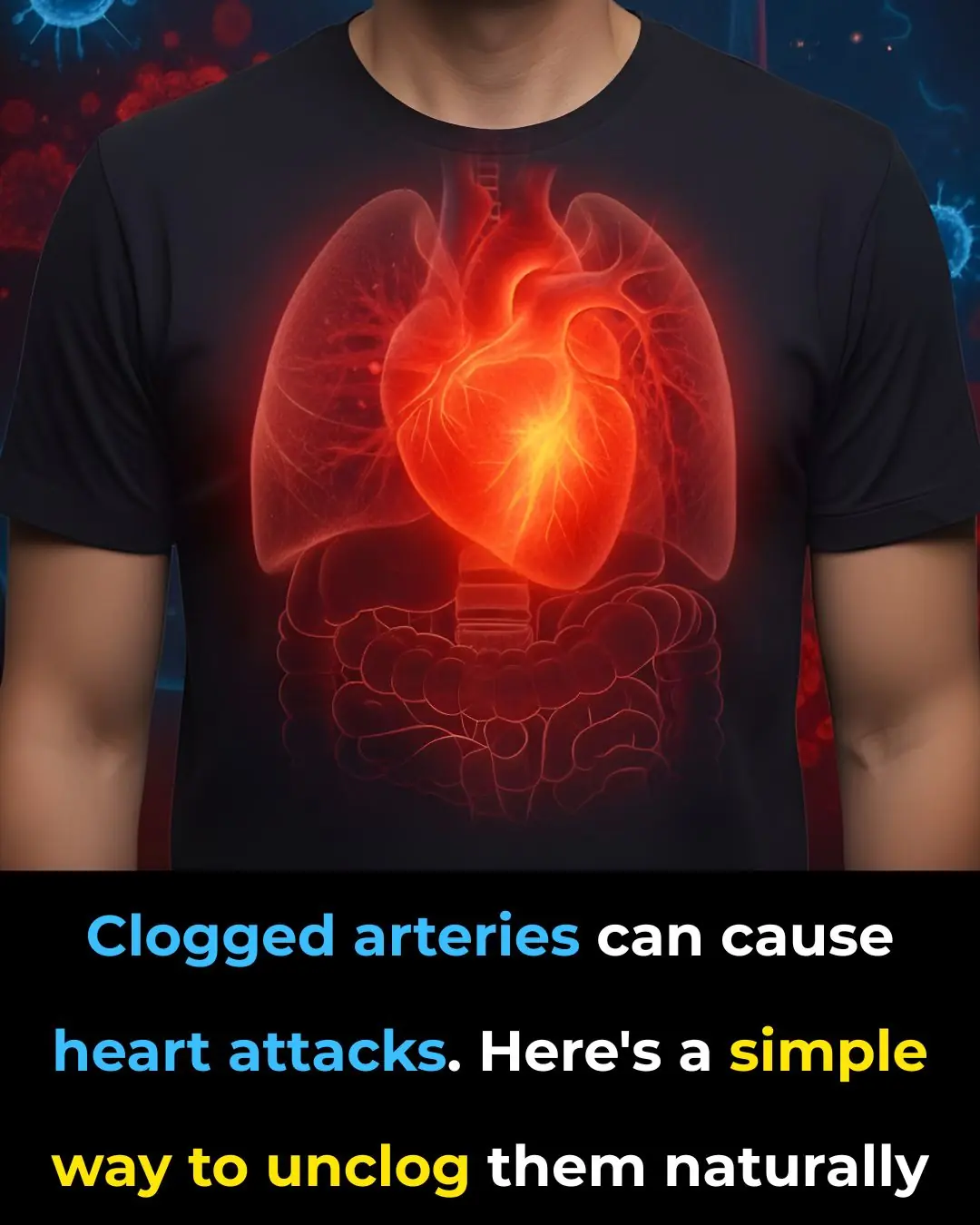
The Best Foods to Cleanse and Prevent Clogged Arteries
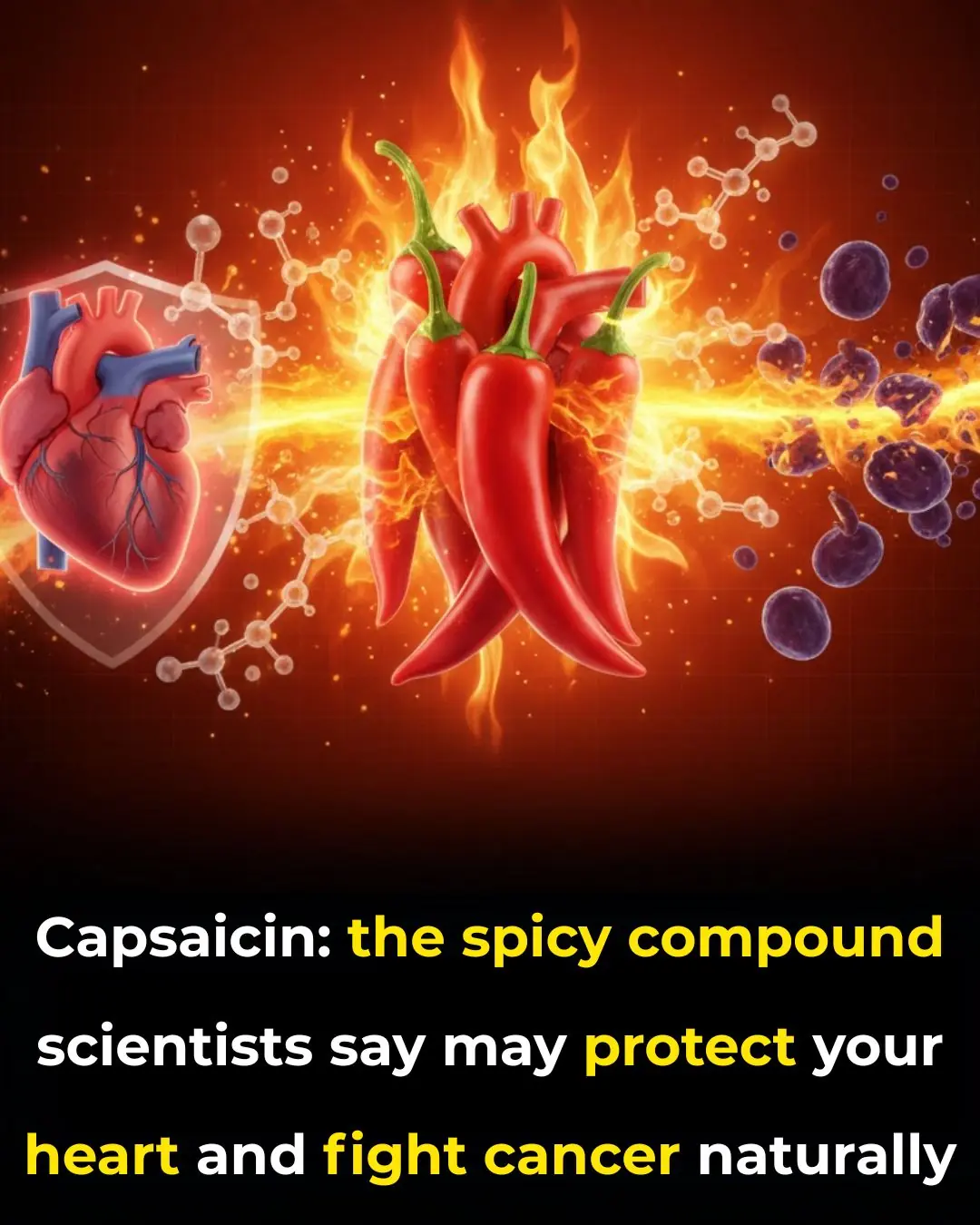
Capsaicin Stops Heart Attacks And Destroys Cancer Cells
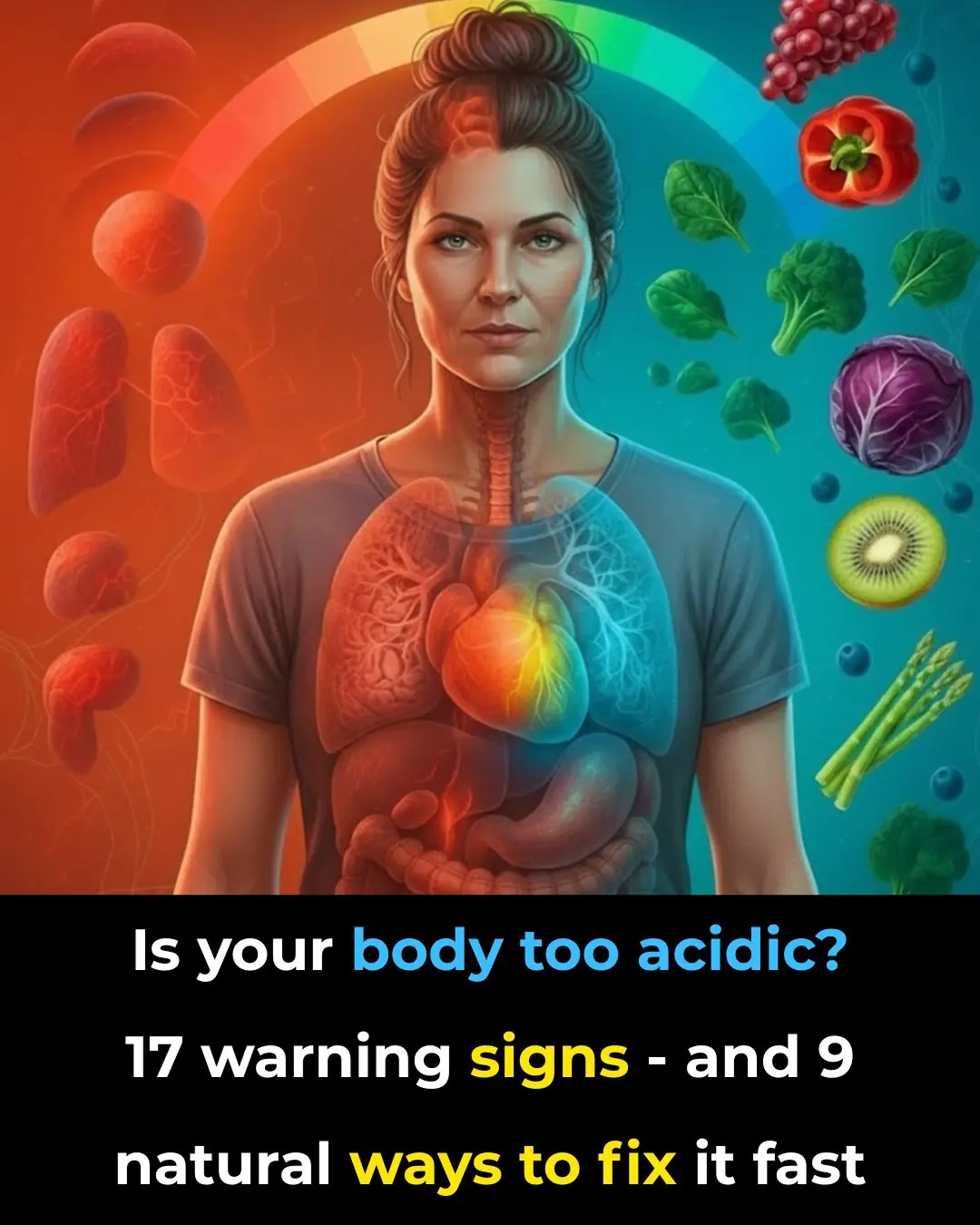
17 Signs Your Body Is Too Acidic And 9 Ways To Quickly Alkalize It
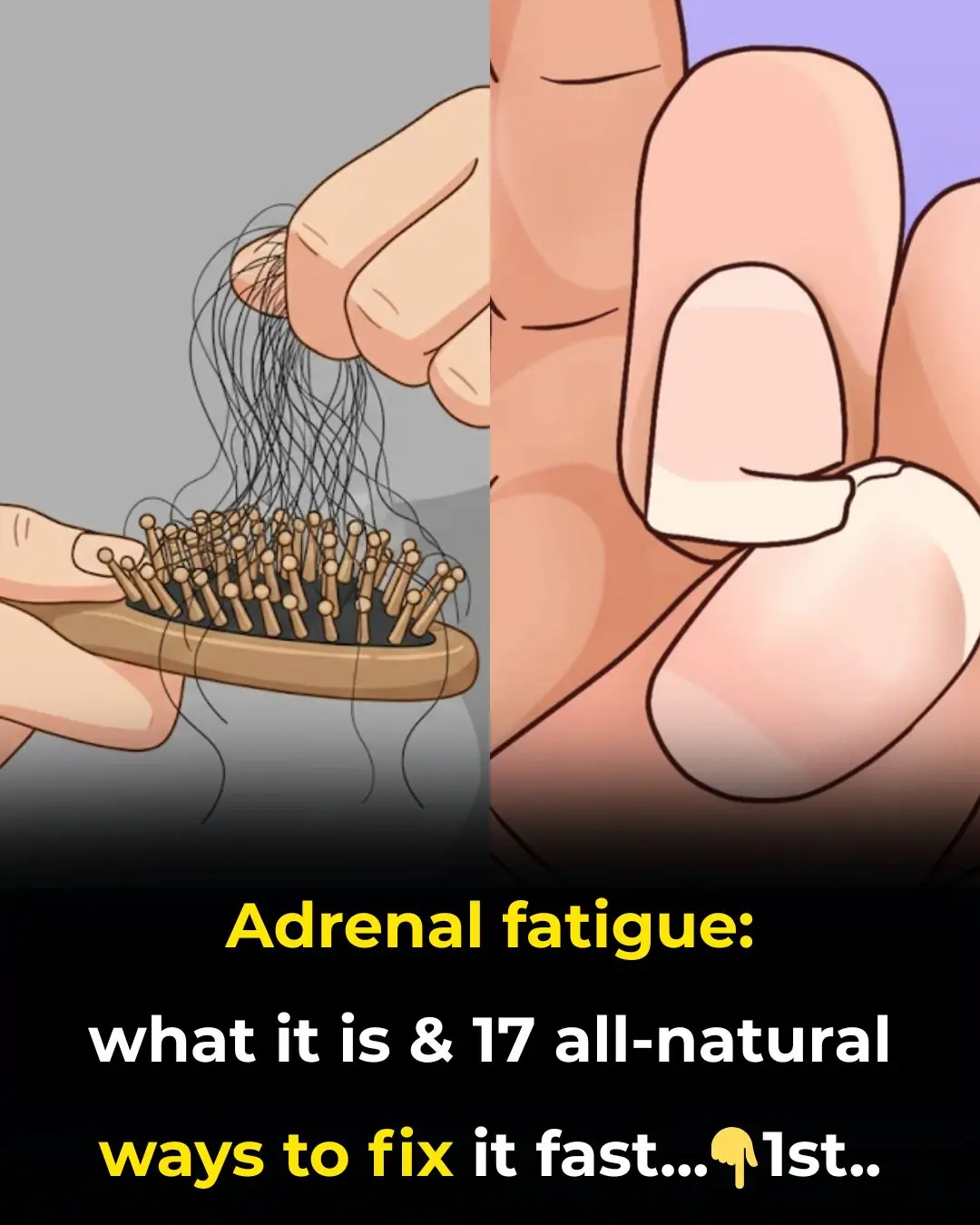
Adrenal fatigue: what it is and 17 all-natural ways to fix it fast

Colon Cleansing With Kefir and Flaxseed Meal

Apple extract kills colon cancer cells better than chemotherapy drug
News Post

Angel the Traveling Cat Launches Global Campaign: “We Are Not Baggage, We Are Living Beings”

The Tie of Humanity: When a Simple Gesture Bridges Two Lives

A Lesson in Compassion: How One Encounter Changed My Perspective

“Yes, I Want Her”: A Mother’s Powerful Response and a Daughter’s Journey of Belonging

Robert Redford and the Lessons of the Horse Whisperer.

Heroes in the Flames: The Firefighters Who Saved More Than Lives.

When Hopscotch Became a Miracle.

The Puppies in the Box: A Story of Rescue and Second Chances.

When Rescue Becomes Family: The Story of Baby Joy and KT.

A Mother’s Worst Fear—and a Community’s Relief.

How to Get Rid of Constipation: The Best Home Remedies That Really Work

If mice appear in the house, it means that...

7 Common Health Issues That Keep Appearing Could Be Early Warning Signs of Cancer

Small Life Hacks That Can Be Life-Saving

How to Sharpen Dull Scissors Without a Sharpening Stone: Simple and Effective Method

The Best Scientifically Proven Foods to Cleanse Your Liver
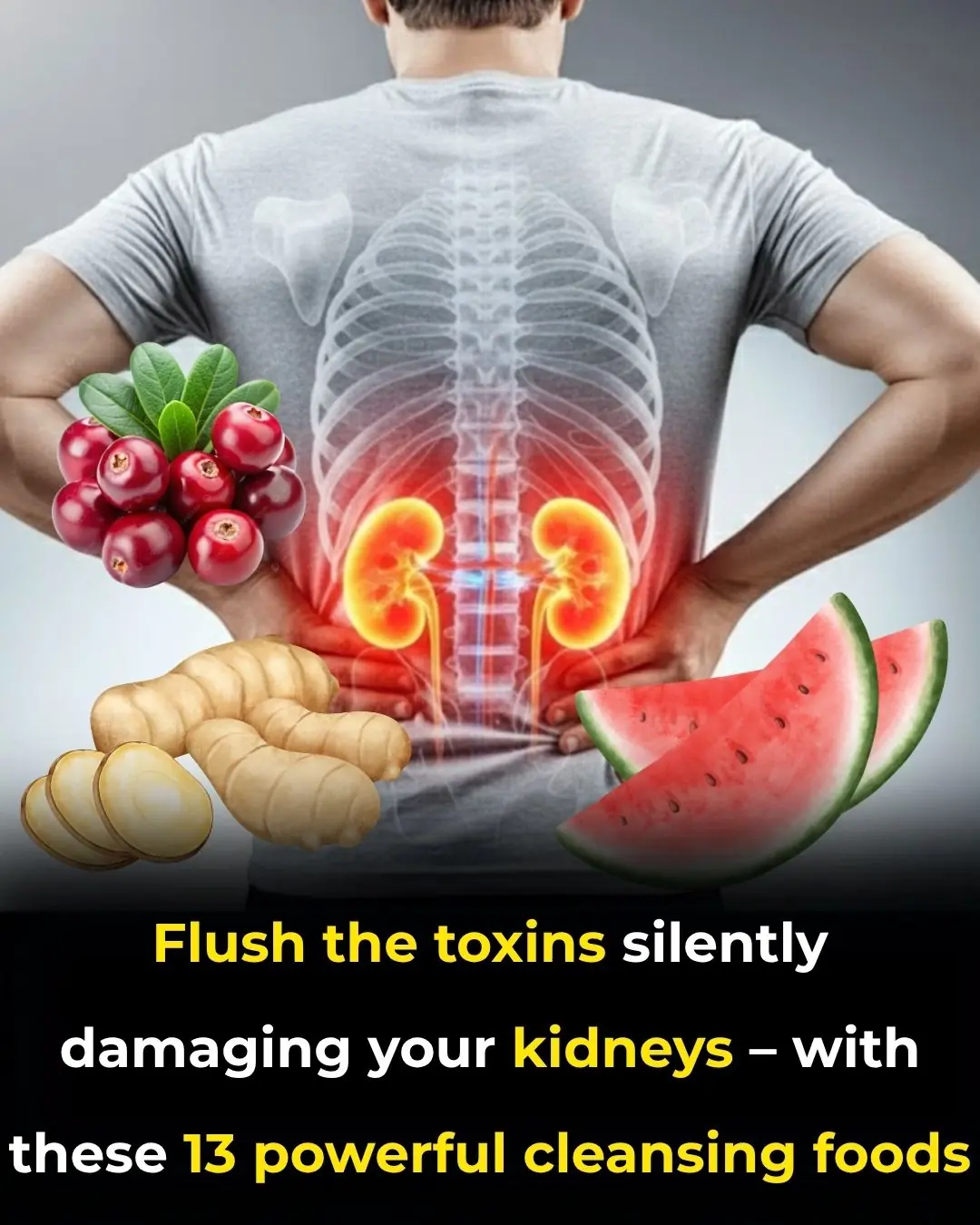
Flush the toxins silently damaging your kidneys — with these 13 powerful cleansing foods

The Best Natural Gout Treatments: Remove Uric Acid Crystallization To Prevent Gout And Joint Pain

4 things your hands could be telling you about the health of your kidneys
